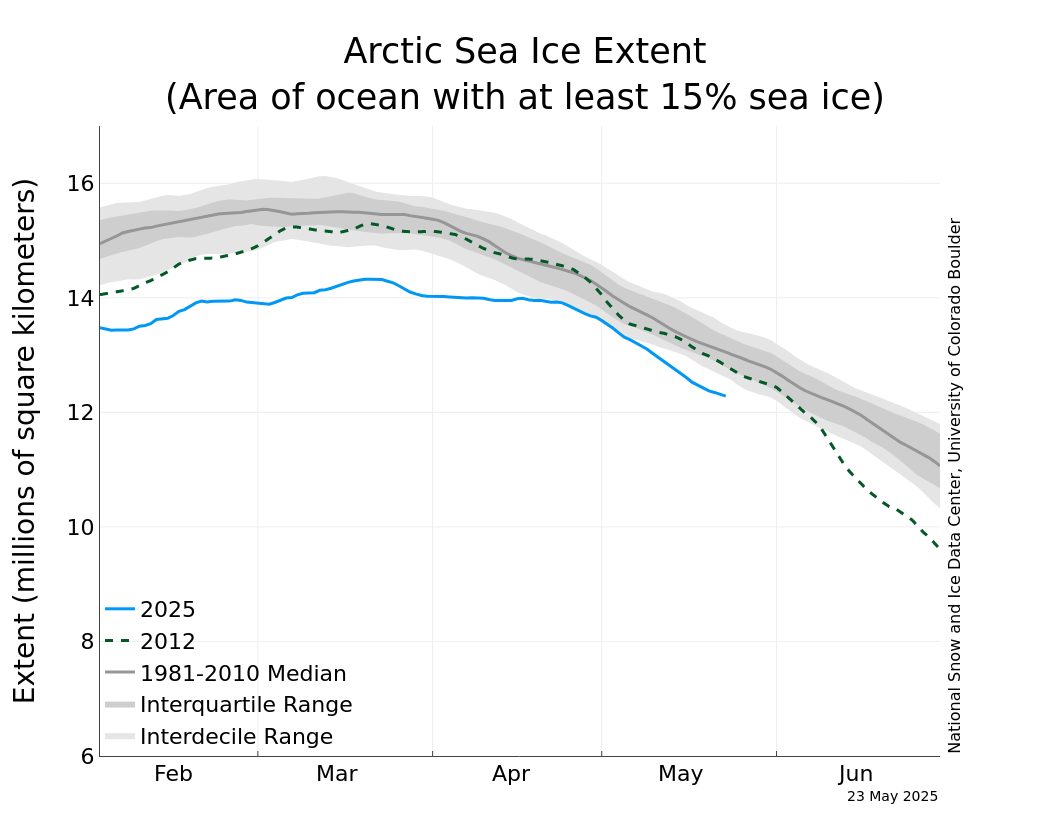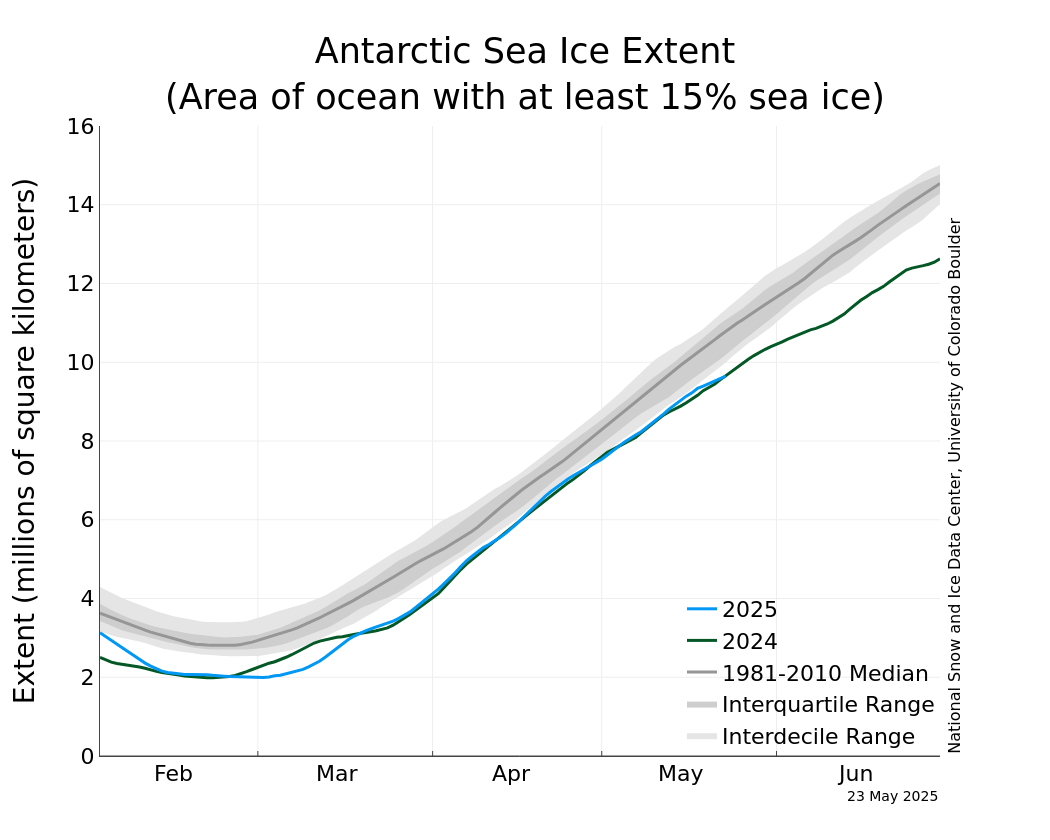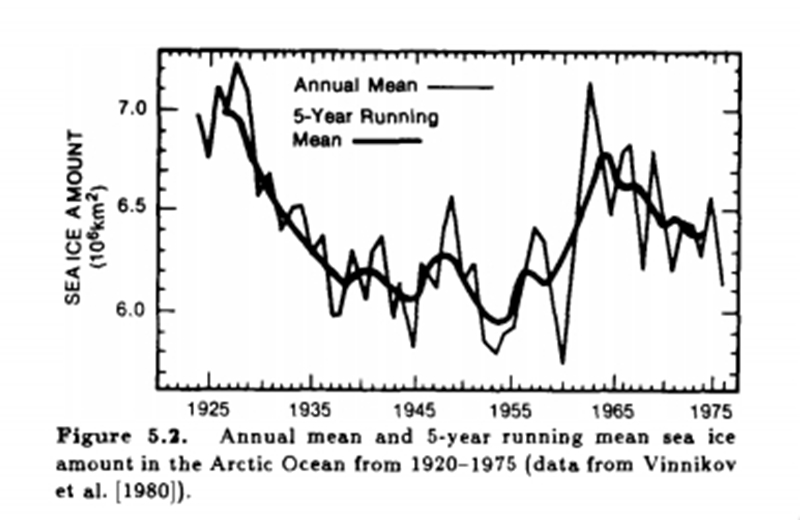http://www.sciencemag.org/news/2017...ed-flap-over-high-profile-warming-pause-study
How a culture clash at NOAA led to a flap over a high-profile warming pause study
By
Warren Cornwall,
Paul VoosenFeb. 8, 2017 , 1:00 PM
A former scientist at the National Oceanic and Atmospheric Administration (NOAA) in Washington, D.C., made waves this past weekend when he alleged that climate scientist Thomas Karl, the former head of a major NOAA technical center, “failed to disclose critical information” to the agency, journal editors, and Congress about the data used in a controversial study published in Science in June 2015. Karl was the lead author of that paper, which concluded that global surface temperatures continued rising in recent years, contrary to earlier suggestions that there had been a “pause” in global warming.
John Bates, who retired from NOAA this past November, made the claims in
a post on the prominent blog of Judith Curry, a climate researcher who
recently retired from the Georgia Institute of Technology in Atlanta and has walked the line between science and climate contrarians over the past decade. Bates’s complaints were also the centerpiece of
a storypublished Sunday by David Rose of the United Kingdom’s The Mail on Sunday, a tabloid, which claimed that national leaders “were strongly influenced” by the “flawed NOAA study” as they finalized the 2015 Paris climate agreement.
Rose's story ricocheted around right-wing media outlets, and was publicized by the
Republican-led House of Representatives science committee, which has spent months investigating earlier complaints about the Karl study that is says were raised by an NOAA whistleblower. But ScienceInsider found no evidence of misconduct or violation of agency research policies after extensive interviews with Bates, Karl, and other former NOAA and independent scientists, as well as consideration of documents that Bates also provided to Rose and the Mail.
Instead, the dispute appears to reflect long-standing tensions within NOAA's National Centers for Environmental Information (NCEI), based in Asheville, North Carolina, over how new data sets are used for scientific research. The center is one the nation’s major repositories for vetted earth observing data collected by satellites, ships, buoys, aircraft, and land-based instruments.
In the blog post, Bates says that his complaints provide evidence that Karl had his “thumb on the scale” in an effort to discredit claims of a warming pause, and his team rushed to publish the paper so it could influence national and international climate talks.
But Bates does not directly challenge the conclusions of Karl's study, and he never formally raised his concerns through internal NOAA mechanisms.
Tuesday, in
an interview with E&E News,
Bates himself downplayed any suggestion of misconduct. “The issue here is not an issue of tampering with data, but rather really of timing of a release of a paper that had not properly disclosed everything it was,” he told reporter Scott Waldman. And Bates told ScienceInsider that he is wary of his critique becoming a talking point for those skeptical of human-caused climate change. But it was important for this conversation about data integrity to happen, he says. “That’s where I came down after a lot of soul searching. I knew people would misuse this. But you can't control other people,” he says.
At a House science committee hearing yesterday, Rush Holt, CEO of AAAS (publisher of Science and ScienceInsider) stood by the 2015 paper. "This is not the making of a big scandal—this is an internal dispute between two factions within an agency," Holt said in response to a question from Representative Lamar Smith (R–TX), the panel’s chairman, and a longtime critic of NOAA’s role in the Karl paper. This past weekend, Smith issued
a statement hailing Bates for talking about “NOAA’s senior officials playing fast and loose with the data in order to meet a politically predetermined conclusion.”
Some climate scientists are concerned that the hubbub is obscuring the more important message: that the
NOAA research has generally proved accurate. “I’m a little confused as to why this is a big deal,” says Zeke Hausfather, a climate scientist with Berkeley Earth, a California nonprofit climate research group that has examined surface temperatures. He’s the lead author of
a paper published in January in Science Advances that found Karl’s estimates of sea surface temperature—a key part of the work—matched well with estimates drawn from other methods.
Researchers say the
Karl paper’s findings are also in line with findings from the Met Office, the U.K. government’s climate agency,
which preceded Karl’s work, and findings in a recent paper by scientists at the European Centre for Medium-Range Weather Forecasts, an alliance of 34 states based in Reading, U.K. And although other researchers have
reported evidence that the rise in global temperature has slowed recently, they have not challenged the ethics of Karl’s team, or the quality of the data they used.






